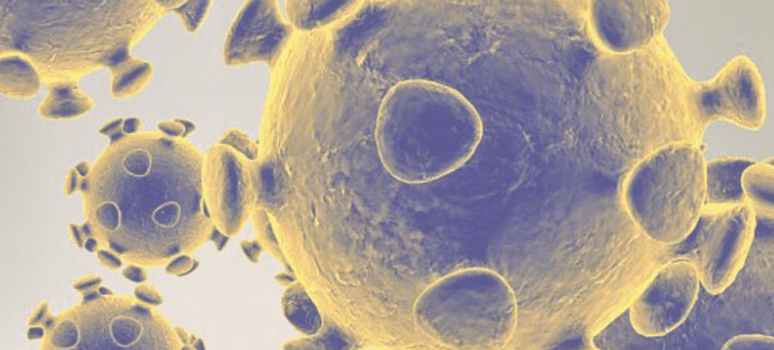
Forty days after the State of Alarm was declared to stop the spread of covid-19, decontamination measures have begun. The exit will be progressive but it is important to remember that the disease is still there and we must follow the recommendations as on the first day.
From Biosalud Day Hospital we recommend following the official information from the health authorities and responsible action by citizens following the recommendations and preventive measures established in each case.
How do I know if I have coronavirus?
The health authorities indicate that if you have the symptoms FEVER, Cough, and FEELING LACK OF AIR AND YOU HAVE BEEN IN A RISK AREA OR HAVE HAD CLOSE CONTACT WITH A PERSON WHO IS A PROBABLE OR CONFIRMED CASE, you should: stay at home and call the telephone number in your Autonomous Community.
At this stage, access to diagnostic tests is given to patients presenting symptoms. The main symptoms are fever, dry cough and shortness of breath. There may also be symptoms such as headache and sore throat, abdominal pain or sputum production.
In most cases, symptoms are mild. More severe cases can lead to pneumonia, kidney failure and even death. Severe cases were originally thought to affect the elderly or those with impaired immunity or chronic heart or lung disease. However, we now know that anyone is vulnerable and can develop severe symptoms.
As for the testing for covid-19There are three types of tests available on the market. They differ in their reliability, the environment in which they must be performed and the time it takes to produce results.
The most accessible are rapid antigen tests. They are only recommended by the World Health Organisation for confirmation of severe cases - in residences and hospitals - or for clinical trials, as they are less reliable.
Serological tests are accessible and reliable: they detect antibodies and are therefore useful to know who has been infected. However, it does not detect the virus until seven days after infection and does not do so if the patient is asymptomatic.
PCR testing is the reference diagnostic test and needs to be performed in a medical centre due to its complexity. This serological test is more reliable as soon as the disease has progressed.
How can I get infected?
The virus is transmitted mainly through respiratory droplets that are emitted by coughing, sneezing or exhaling. If we are infected, the virus is transmitted by direct contact and through the air. It is also transmitted through surfaces, hence the importance of hand washing and the recommendation to avoid touching your face.
The World Health Organisation recommends staying two metres away from those with symptoms.
The use of public transport is a necessity for many people and is a potential source of infection, especially on handrails, handholds and seats. Hence the importance and insistence on hand washing.
Can I get covid-19 twice?
In principle, a person who has contracted the virus is immunised. There have been cases of patients with symptoms who, after a fortnight at home, have "recontagulated" or developed symptoms. It is not yet clear whether, in these cases, the first diagnosis was reliable. It should be remembered that in many cases diagnoses have been made by telephone with clinical symptoms, or the discharge diagnosis is not well made.
What to do if I have to travel?
Since the State of Alarm was declared, travel has been prohibited except for reasons of force majeure or necessity.
Those who have to go to work can do so in a private car. Two people can travel in the car, one in each row. It is also possible, for example, to make a removal if the specific case falls within these causes of force majeure or a situation of necessity. What is recommended is to consult the specific case with the State Security Forces and Corps.
At this point, we will have to be attentive to the deconfinement measures because the movements that the population can make will be expanding.
We are facing an exceptional situation and this is testing our ability to adapt to change. This is not just a health situation but is affecting the economy, living together and our way of life. It is normal to be anxious.
We recommend that, if you want to be informed, you do so from official sources or through the media, as they are constantly updating service information. However, both information saturation and the propagation of hoaxes, opinions and testimonies whose origin is unknown can cause us unnecessary concern. In this regard, the WHO makes recommendations.

